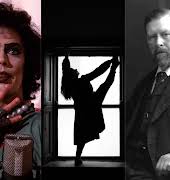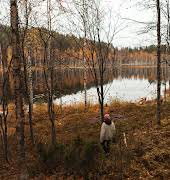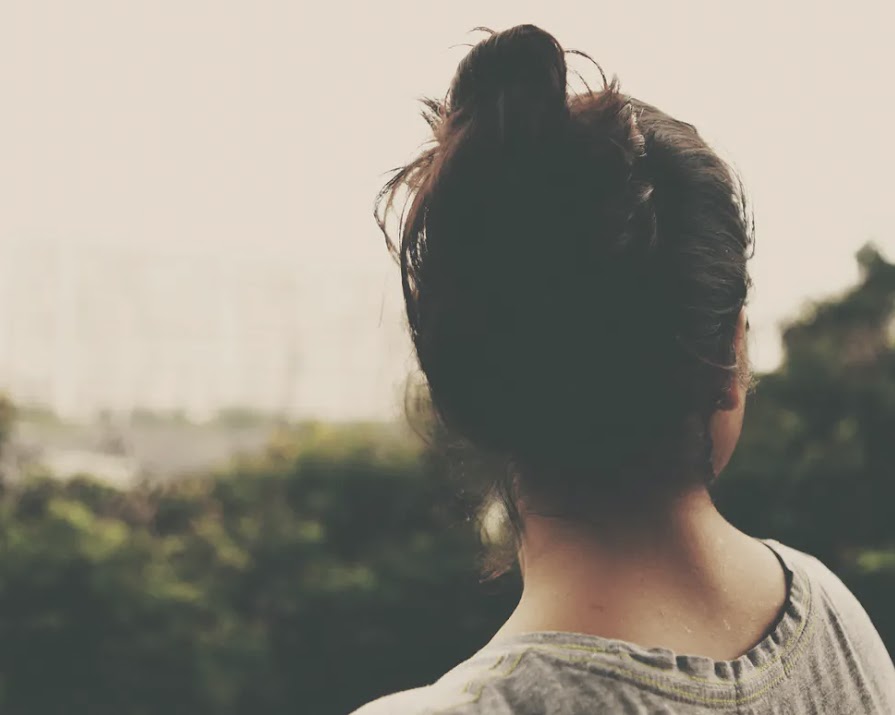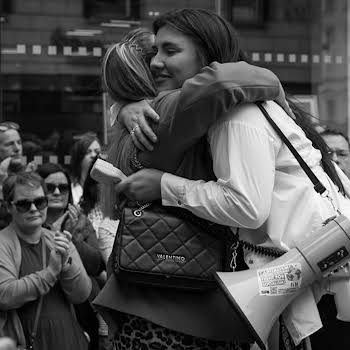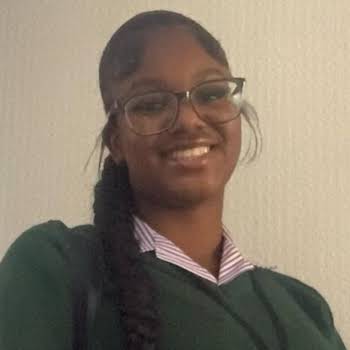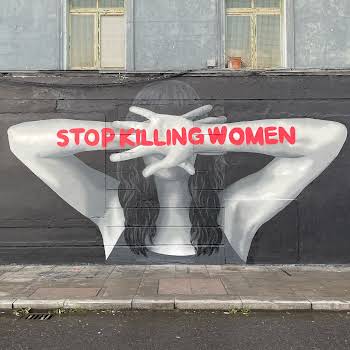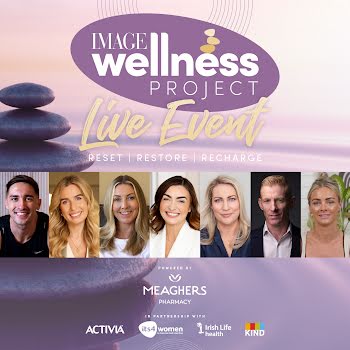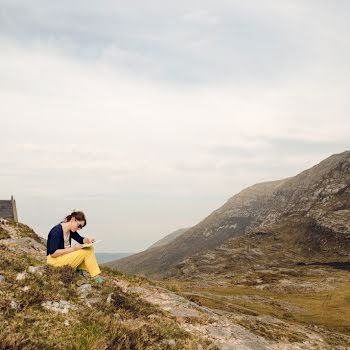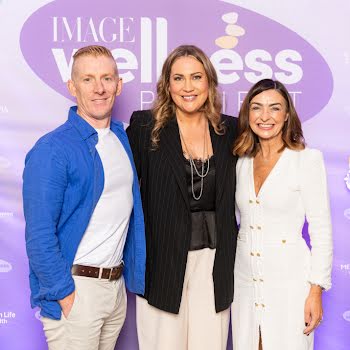
Our daughters shouldn’t have to live in a world where they always feel threatened
By Amanda Cassidy
07th Apr 2022
07th Apr 2022
When I look at that graduation picture of Ashling Murphy's smiling face - of the excitement about the possibilities that lie ahead - I see my daughters.
I look at my daughters – at their innocence, their conviction that they are untouchable, the certainty that the world is a good place.
And then I think of girls like Ashling Murphy
In January of this year, on the banks of a damp canal in Tullamore, County Offaly, somebody snuffed that out for the 23-year-old teacher. Somebody ripped her life away, ripped her from her family, devastated everyone around her – including the 7-year-olds that she’d been teaching just hours before.
The outpouring of grief and disbelief over such a brutal attack quickly formed into a different beast – a tipping point of sorts – the realisation that we can’t go on like this: Women live in constant fear of being grabbed, attacked, groped, raped, hit, murdered, and the list goes on. It starts depressingly young.
My daughter will be 12 this year. Already I have started to coach her that the world isn’t the joyful bubble of possibility she thinks it is. Where she sees adventure, I see threat. I’m further down the road than she is. I’ve been pushed into bathrooms, groped on dance floors, assaulted in bars, followed home. That’s just men, I thought. But it shouldn’t be that way.
How do I explain to my daughter, that as women we live in a world of don’ts?
We’ve made ourselves so damn small by cowering to avoid the danger some men pose. It’s tainted the good men too – because every man walking behind us on the way home could be the one we’ve always been warned about. Without realising it, we’ve pulled our hair out of ponytails (easier to grab) brought flat shoes out in our bags (easier to run away) clutched keys between shaking knuckles (our pathetic weapons), hovered our fingers over the 999 on too many dodgy taxies rides home.
How do I explain to my daughter, that as women we live in a world of don’ts? How do I try to share this burden with the men in my life when I’ve been unaware myself how boxed in this fear has made me myself?
‘Remember that time you got chased in town one night’ I remind my husband last night. ‘When someone threw something at you and you looked over your shoulder the whole way home?’
He nods. It affected him quite a lot at the time I remember – that feeling of vulnerability, the threat around every corner.
‘Well, that’s how I feel all the time when I’m out, I say,’ and he shakes his head, truly horrified that we’ve lived with this constant background of terror all this time. We’ve been terrorised for generations and I don’t think they knew.
The girl on the front pages of the newspapers lived like that too. She died like that. She was jogging in daylight – doing something she clearly enjoyed doing when all of our worst fears happened.
Panic buttons and pepper spray scream that this fear is acceptable. Our daughters shouldn’t have to live in a world where they always feel threatened.
Men should feel compelled take some action themselves. This isn’t a woman’s issue. This is a societal issue.
Violence doesn’t come from nothing. It starts with misogynistic texts, body shaming, sexual innuendo and slut-shaming. As broadcaster Michelle Heffernan put it; “We all play a part in a culture that starts with words and ends in violent actions. We need to educate ourselves and check our biases. Don’t give violence a chance to even take seed.”
It starts with our partners, our brothers, our sons. But equally, let’s not take all the responsibility for this – this is men’s work. Men should feel compelled take some action themselves. This isn’t a woman’s issue. This is a societal issue.
‘Be the one to call out misogynistic comment or texts’, I remind my brothers. Be the one who says, ‘lads, this isn’t right’. There is complicity in feeding that beast. Show those around you that the women in your life are vital, important, worthy of respect.
We cannot stop every violent person, nor account for mental health problems, but the horrific death of Ashling Murphy can prompt something other than thought and prayers; conversations, education, the focus on trying to make the world a better place for our sisters, daughters, mothers. For all of us.
Those things may not seem like much, but it’s the smallest, most important thing, as we pull our girls closer.


